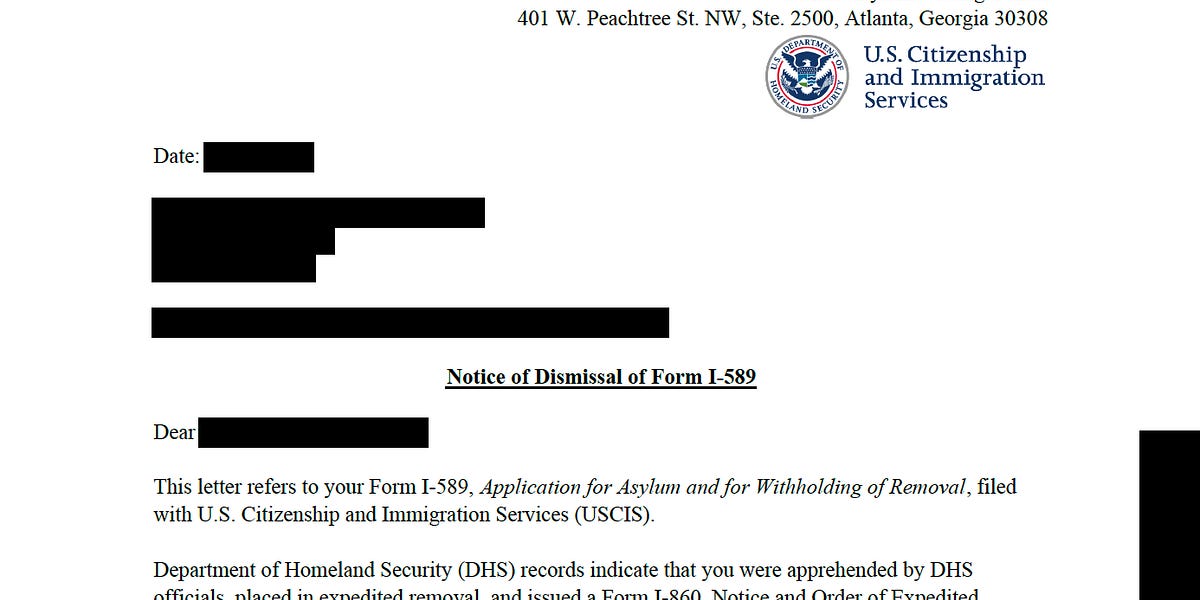WASHINGTON — U.S. Citizenship and Immigration Services (USCIS) is dismissing asylum applications that have been pending for years without holding hearings, leaving thousands of asylum seekers, including those in Utah, facing an uncertain future, local immigration attorneys report.
MIGRANT INSIDER is sponsored by
Marti Jones, an attorney with Stowell Crayk in Utah, attributed the dismissals to a shift in immigration law interpretation under the current Trump administration. “What the government is now arguing is that because they were initially stopped at the border, they are subject to expedited removal, regardless of how long they’ve now been here and regardless of how long their applications for asylum have been pending,” Jones told KSL News Radio in Utah.
This policy is being applied retroactively, affecting applicants who filed years ago. “(USCIS is) dismissing completely these applications for asylum that have been pending for years. (That includes terminating) people’s work authorizations,” Jones said. “They’re telling people that despite the fact they properly filed their applications for asylum two, three, four, even five years ago, and despite the fact they have been waiting for an interview and they have valid employment authorization, that they now have to go back and start all over again, by beginning a different process, known as the credible fear process, as if they’re back at the border.”
Jones highlighted that USCIS is grappling with a backlog of over a million affirmative asylum applications, and these dismissals appear to be a strategy to reduce it. An April 2025 Justice Department memo noted that, due to the backlog, the Executive Office for Immigration Review allows adjudicators to dismiss asylum applications deemed “legally deficient” without a hearing.
MIGRANT INSIDER is sponsored by: Click here to get started
Click here to get started
Previously, filing Form I-589, Application for Asylum and for Withholding of Removal, with USCIS was a recognized legal pathway for asylum seekers not in removal proceedings. Jones described this route as now resembling “a legal wall,” with applicants who complied with prior rules potentially facing mandatory detention and expedited removal proceedings.
The policy shift compounds existing challenges in Utah, where a 60% loss of immigration judges has deepened case backlogs. Jones expressed uncertainty about how the situation will unfold for asylum seekers caught in this abrupt change.
If you’ve made it this far, you care. Help us keep pressing the powerful and exposing what they’d rather you never see—subscribe or donate to keep Migrant Insider going.

